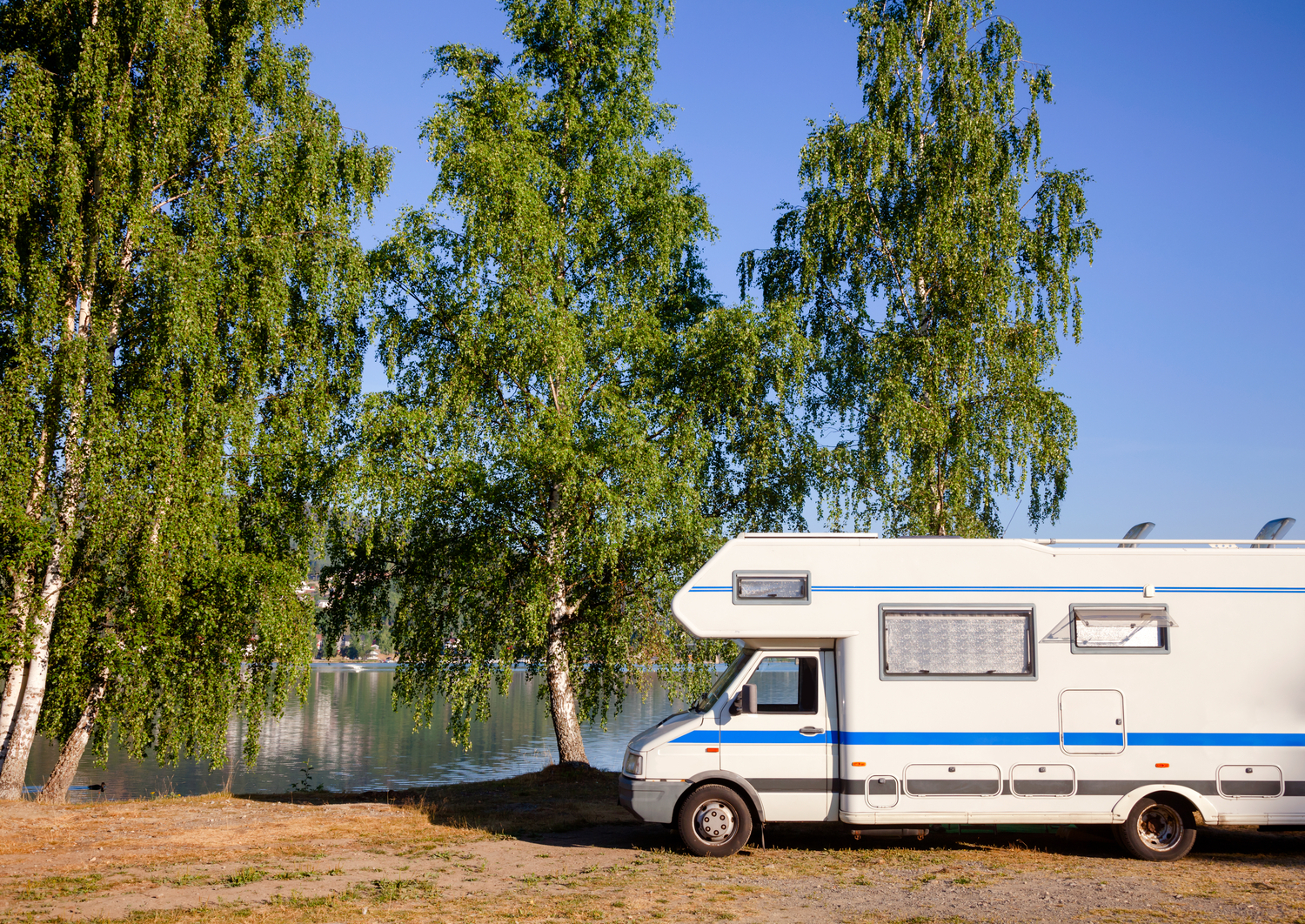
Common Mistakes to Avoid When Buying an RV or Trailer
A recreational vehicle (RV) or trailer is perfect if you love camping, travelling, or even living on the road. However, an RV is totally different from an average car, and as a result there are specific things to keep in mind when purchasing your first RV. The type of RV you choose will vary depending on how you want to use it, so make sure you choose an RV with the features that are right for you.
Here are five mistakes to watch out for when buying an RV or trailer:
1. Not sticking with a budget
Buying an RV or trailer is a big deal, and can become a very expensive purchase. Don’t try to wing it – instead do your research. Look into the exact type of RV you want, how much money you’d like to spend, and which features are important to you. Make your budget a priority to avoid spending more than you planned.
2. Not considering interest rates or taxes
Interest rates and taxes are critical aspects that are often overlooked when buying an RV or trailer. Is essential to find out what interest rate you will receive when financing your purchase. You’ll also need to know about which tax deductions are available to you. Interest rates and taxes can significantly impact the affordability of the vehicle, so make sure you consider them.
3. Going too small
If you want to use your RV for long trips, don’t make the mistake of going too small. If you buy a tiny RV, and then realize you need more space, upgrading can be a pricey decision. Carefully considering your needs before purchasing your RV will help you choose the right size vehicle.
4. Forgetting tow weight and capacity
If your RV needs to be towed, make sure you have a vehicle with the correct towing capacity. If you purchase a trailer that is too heavy for your vehicle, you’ll need to upgrade your vehicle just to use your new RV. It’s essential that the RV you choose matches the vehicle you want to use it with.
5. Buying an RV in poor condition
If you’re looking at buying a used RV or trailer, ensure that you’re looking for one in good condition. Take a careful look at the RV you’re considering, and make sure it is in working condition before purchasing it. The last thing you want is to be stuck with an RV with mechanical issues! A mechanic can check out the RV before you finalize the sale, so make sure your RV has the thumbs up before you sign any paperwork.
Finally, keep in mind that your first RV or travel trailer does not have to be only one you ever own. Once you realize what size and type of vehicle work best for you, you can decide to swap out your RV in the future.


